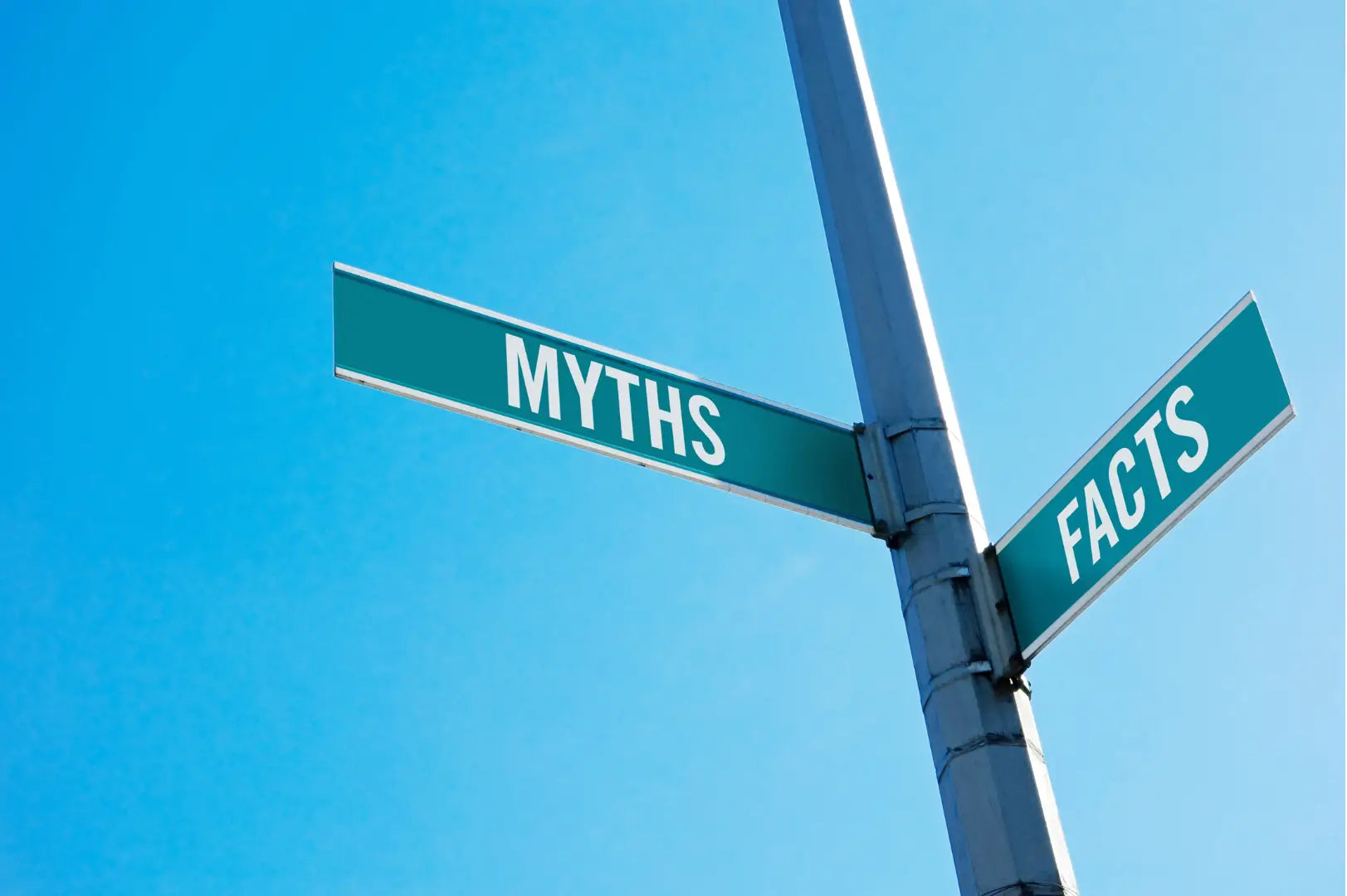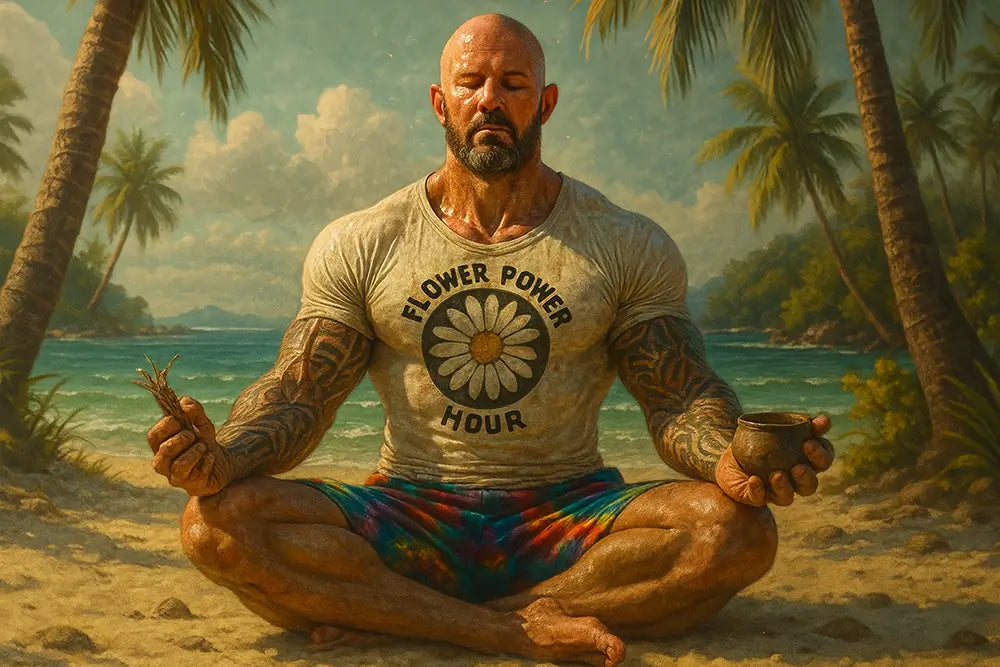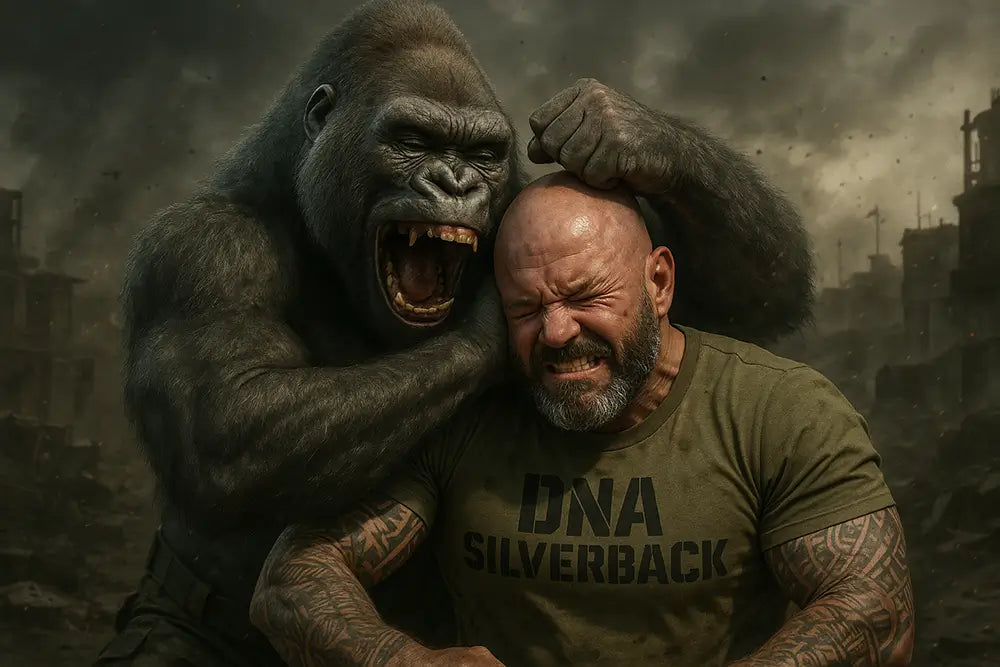Loosely referred to as T, this small but powerful molecule has influenced culture and widely held beliefs in men for over a century now.
Time has moved on and much has changed. But common misconceptions and outdated attitudes about testosterone and its role in health continues to confuse people.
At DNA, we aim to educate and inform about all aspects of men’s health. Particularly, the very misunderstood subject of hormonal health and andropause. In this article, we attempt to demystify some of the long-term old-fashioned beliefs about testosterone. We will update the narrative by providing information about its vital role in men’s (and women’s) health in the modern world.
A Brief History Of Testosterone
The relationship between testes and masculinity is well documented historically. It’s no co-incidence that this is because 95% of testosterone is produced in the gonads (more commonly affectionately known as balls, nuts, nads and family jewels to name a few).
The history of castration goes back thousands of years. There is evidence of this taking place in animals and humans as far back as 4000BC. Castration was frequently used for religious or social reasons in certain cultures in Europe, South Asia, Africa, and East Asia. After battles, winners sometimes castrated their captives or the corpses of the defeated to symbolise their victory and seize their "power”.
Many centuries ago, farmers discovered that by removing male the testes on male animals, they would fatten up and become less aggressive this procedure which made this common practice. The realisation that testes were involved in some way with masculinity in humans and played a role in sexuality and virility was thereby ingrained in global societies hundreds of years ago. This led to a fascination with seeking elixirs and potions that would boost this amazing super-power in some way that has continued to modern day.
However, it wasn’t until far more recently that a name was found for the secret chemical that was responsible. The scientific search for this elusive magic substance ended when testosterone was discovered and isolated in the pre-war period.
Testosterone As We Know It Now
In 1935, three European scientists working independently announced the discovery of what we all now know to testosterone. German scientist, Adolf Butenandt and Yugoslavian chemist Ruzicka went on to receive the Nobel Prize for their work in 1939.
Testosterone Replacement Therapy became medically available in 1939 and this intervention strategy has grown significantly in recent years.
Despite men knowing that its testosterone that makes them men, there is still a lot of confusion about its role. People have doubts about what it does, why it’s important and how to increase testosterone.
The fact is testosterone impacts every system as the body works hard to stay in optimal wellness or “homeostasis”.
It’s important to maintain optimum levels of testosterone at all life stages to improve fertility and virility. It helps to combat symptoms of andropause, support good prostate health, and ultimately promote longevity and overall health and wellbeing.
MYTH 1: Testosterone Is Only Found In Men.
Labelling testosterone the male sex hormone (even though that’s what it is) suggests that it is restricted to men and is exclusive to them. It isn’t overly beneficial to moving on the narrative to modern times.
Whilst it’s true that it the dominant male sex hormone (or androgen) found in much higher levels in men and, women produce testosterone in small doses (1/10 – 1/20th of the amount men produce). On the flip side of this, men too produce oestrogen, again, in smaller amounts than women.
But the one thing that is equal and remains constant between the sexes is how important hormonal balance is men’s and women’s health.
As with oestrogen (and progesterone) for women, testosterone plays a key role in optimal hormonal health in men. It’s the primary male sex hormone responsible for the development of male sexual characteristics.
MYTH 2: The Male Menopause Doesn’t Exist
Andropause is also called the male menopause and more affectionately as the “manopause”.
These terms are used to describe the natural age related decrease in testosterone levels which can lead to symptoms from age 40+.
It’s unhelpful to the 1 in 4 men suffering from low T / Testosterone Deficiency that there is much controversy and argument in the medical profession as to whether or not the andropause actually exists.
Thankfully there is a growing body of evidence to wholly support the andropause and many modern medical professionals are changing their approach to men’s hormonal health.
Whilst all women will go through Menopause, there is debate about whether or not all men will go through andropause.
If you look at it in terms on age related decline in hormone levels, then the reality is all men will experience andropause as levels of testosterone decline in all men.
However, the extent of decline can vary and the age at what this happens too is varying – even more so with today’s lifestyle factors. Whether or not men acknowledge this or even identify the symptoms due to lack of awareness is quite another matter.
MYTH 3: Taking Extra Testosterone Improves Fertility
This is a dangerous myth and actually the opposite is true. hen men take TRT, this can significantly negatively impact on their ability to have children due to low or zero sperm count.
On TRT testosterone is added into the bloodstream by patches, gels, or other treatment methods to maintain or increase testosterone levels. The brain interprets this rise in testosterone levels as a sign that you now have enough testosterone. As a result, it stops sending signals to the testes to make more testosterone. But when your testes don't make more testosterone, your sperm production goes down. Some men even have a zero sperm count.
This is how men can become sterile by taking testosterone. This effect can last for some time once the external testosterone intake has stopped.
Therefore, anyone considering current or future fertility and fatherhood, should talk to a medical professional. They should discuss the critical side effects of TRT.
MYTH 4: Excessive Testosterone Is Linked To Aggression
Testosterone has had a bad reputation over the years. Its managed to linger on despite gender roles culturally moving on significantly.
There is no proven scientific links between testosterone and aggression. This is because science still does not understand the relationship fully. Whilst some studies seem to suggest a causal link there is little to support the old-fashioned notion that its testosterone alone that causes aggression.
With testosterone levels nearly half they used to be in men forty years ago, shows a 10% decline a decade. It is possible that it is time to increase testosterone rebranding. We need to write a new narrative in keeping with the 21st Century.
Did You Know?
Testosterone is synthesised in the body from cholesterol. That’s why you need to consume healthy fats to increase testosterone naturally. But having high cholesterol doesn't mean your testosterone will be high. Testosterone levels are too carefully controlled by the pituitary gland in the brain for that to happen.
Do you want to hear more Testosterone Myths and Facts debunked? Tune into our IGTV series 'Ask The Expert' with DNA co-founder, Bertie Stringer.






Share:
8 Reasons Testosterone is rapidly declining.
Why you're half the man your father was.